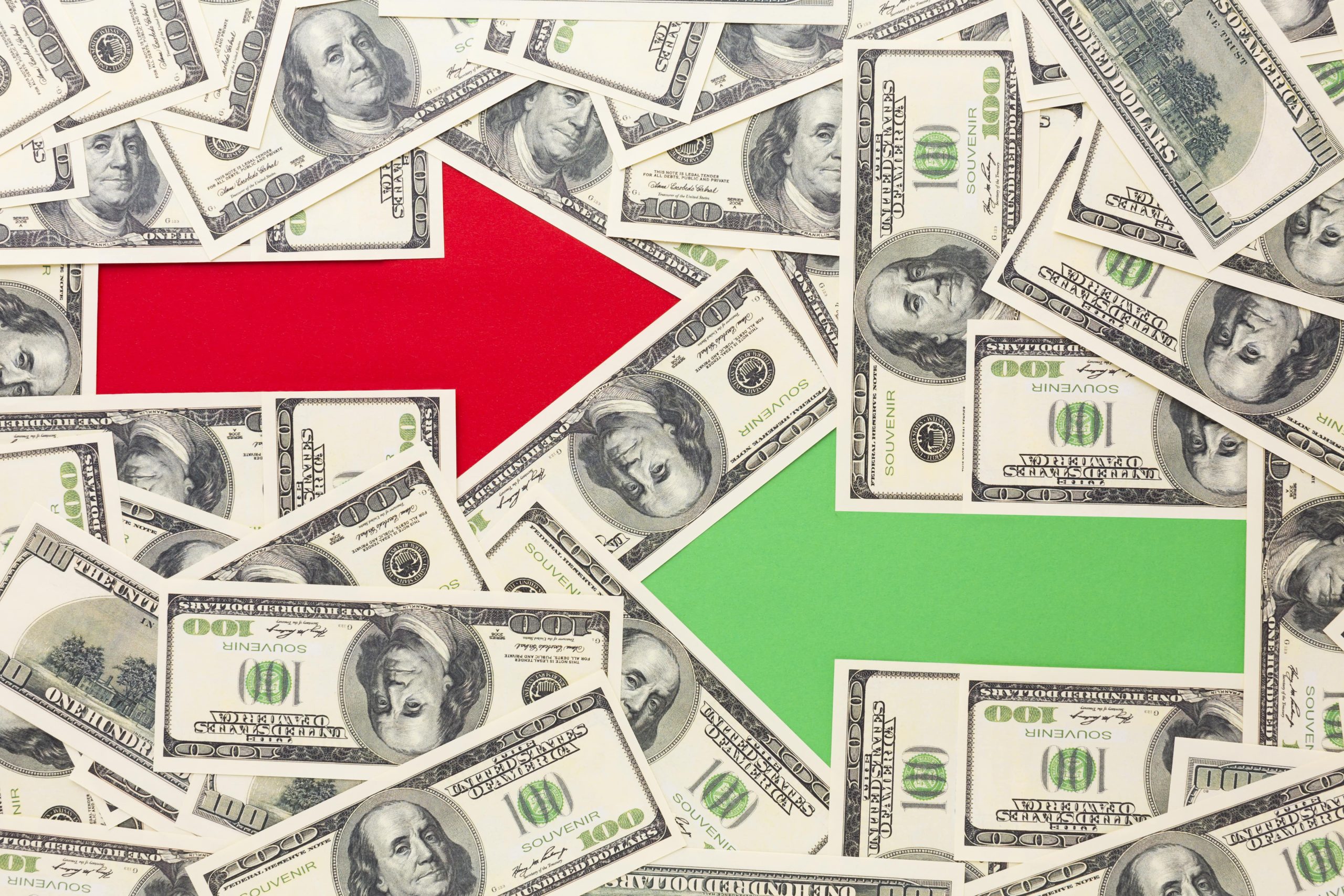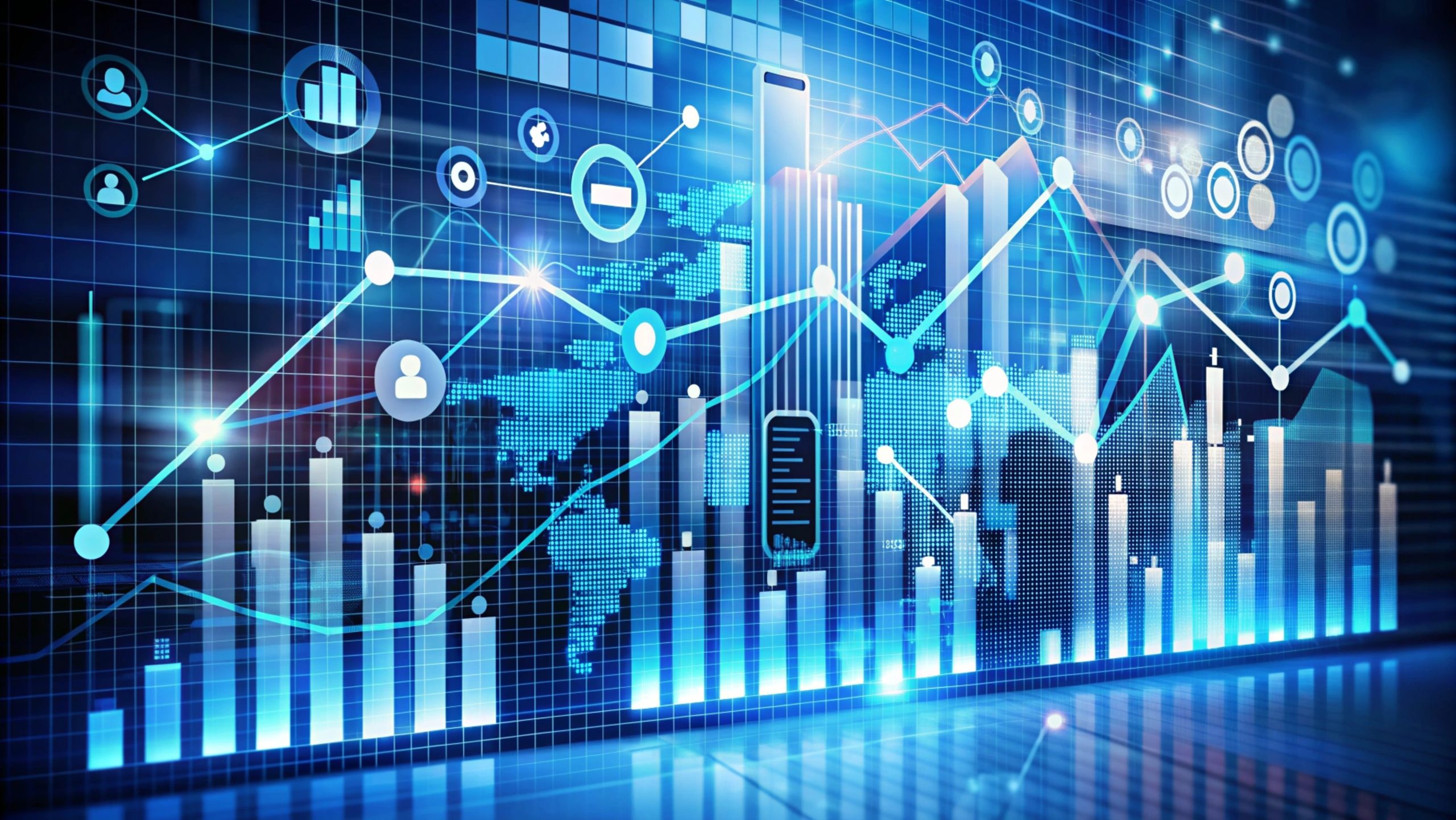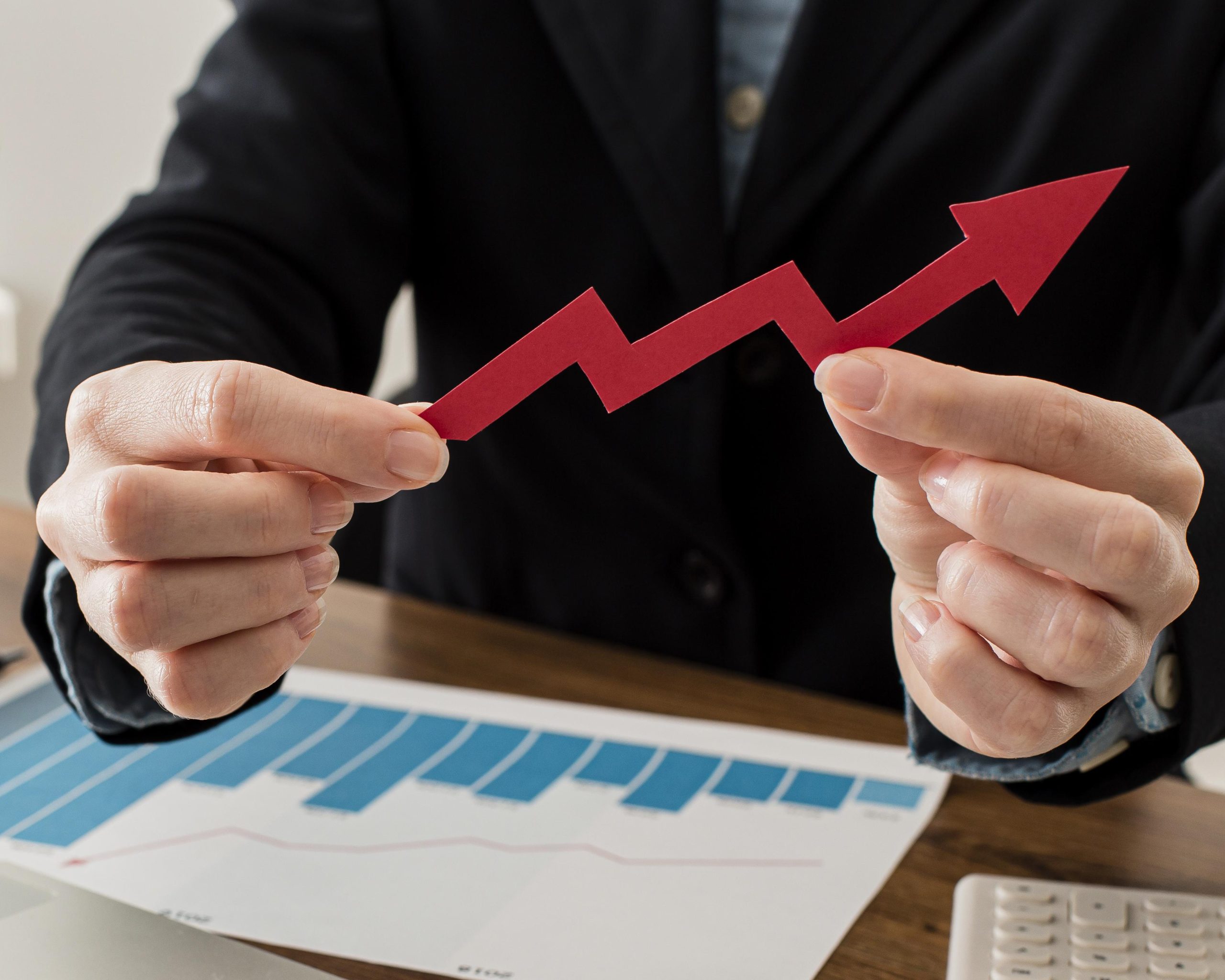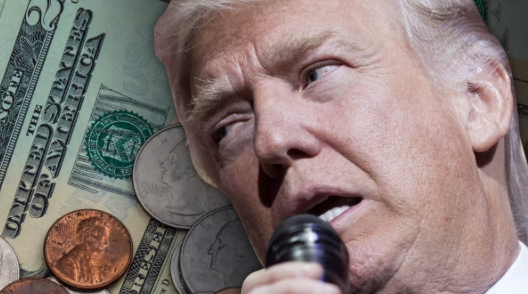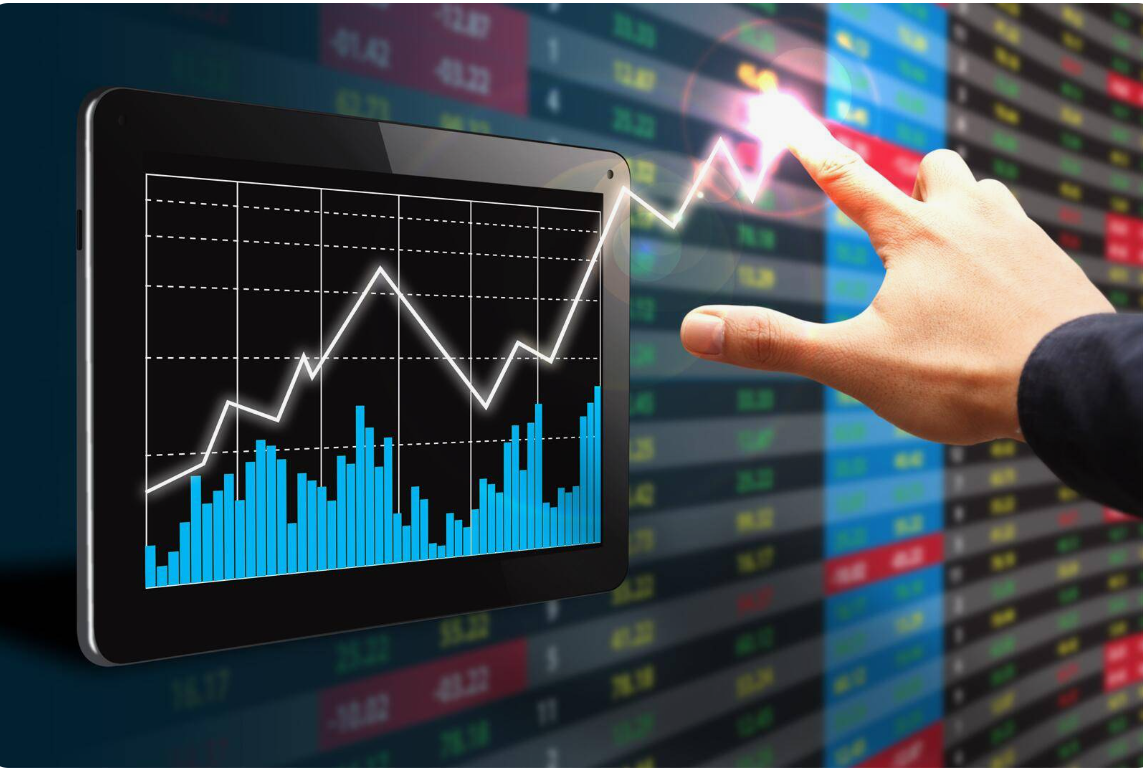Global trade is always a hot topic, but lately, it’s been front and center. Changes in economic policies, shifting alliances, and evolving market conditions are all shaking things up. Whether you’re a trader, educator, or financial analyst, understanding these trends is crucial to staying ahead in today’s interconnected world. Let’s take a closer look at the latest shifts in economic policy and what they mean for global trade.
What’s Driving the Changes in Global Trade?
The world is changing fast, and so is trade. Here are some of the major factors pushing these changes:
1. Geopolitical Tensions
Trade wars, sanctions, and shifting alliances are having a big impact. For example, the ongoing U.S.-China trade dispute has led to new tariffs, forcing businesses to rethink supply chains. It’s not just about two countries, though—global trade policies are now shaped by alliances like the EU, BRICS, and ASEAN.
2. Technology and Automation
The rise of automation and digital platforms has made global trade faster but also more complex. From AI-powered logistics to blockchain in shipping, the landscape is evolving quickly. Platforms like Fxpricing help businesses and investors keep up by offering real-time data and analysis.
3. Sustainability Goals
With climate change becoming a top priority, many countries are revising trade policies to include environmental regulations. This includes carbon taxes and incentives for green technologies. It’s a new era where profit and planet have to go hand in hand.
Latest Shifts in Economic Policy Impacting Trade
Let’s break down some of the most recent policy changes making waves.
1. Rise of Protectionism
Remember when free trade was the goal? Now, many countries are focusing on protecting their domestic industries. This shift is seen in higher tariffs, stricter import rules, and subsidies for local businesses. While this might boost local economies in the short term, it’s creating headaches for global trade.
2. Regional Trade Agreements
While some countries are turning inward, others are teaming up. Agreements like the RCEP (Regional Comprehensive Economic Partnership) are reshaping trade in Asia. These deals reduce barriers and make it easier for members to trade with each other.
3. Digital Trade Agreements
As e-commerce booms, digital trade is becoming more important. Countries are now signing agreements that focus on cross-border data flow, cybersecurity, and online payment systems. This is great news for businesses relying on platforms like Fxpricing, which integrates data from markets worldwide.
How These Shifts Affect Traders and Investors
If you’re in the business of trading, investing, or researching, these changes mean one thing: adaptability is key. Here’s how you can stay ahead:
- Stay Informed: Use platforms like Fxpricing to track real-time market data and news. Their economic calendar is especially handy for keeping tabs on major policy announcements.
- Diversify Your Portfolio: With changing policies, having investments spread across multiple regions and industries can reduce risks.
- Leverage Technology: Automation and AI tools can help optimize trades and analyze market trends faster than ever.
Personal Take: Are These Changes Good or Bad?
Honestly, it depends on your perspective. For businesses relying on global supply chains, new tariffs and regulations can be a nightmare. But for those who adapt quickly, there are opportunities. Take sustainability, for example. Companies investing in green tech could benefit from incentives and gain a competitive edge.
From where I sit, the key is flexibility. The world of trade isn’t black and white—it’s a kaleidoscope of challenges and opportunities.
Why Fxpricing is a Game-Changer for Global Trade Enthusiasts
With so much happening in global trade, having the right tools can make all the difference. That’s where Fxpricing comes in. Here’s why it’s a must-have:
- Comprehensive Market Data: Get real-time and historical data for forex, cryptocurrencies, stocks, and commodities—all in one place.
- Customizable Dashboards: Tailor your experience to focus on the markets and metrics that matter to you.
- Economic Calendar: Never miss an important event or policy announcement again.
- Seamless Integration: Their APIs make it easy to integrate data into your trading platform.
If you’re serious about staying ahead in the financial markets, Fxpricing is like having a personal market analyst on call 24/7.
FAQs About Global Trade and Economic Policy
Q1: What is global trade, and why is it important?
A: Global trade is the exchange of goods and services between countries. It’s vital for economic growth, job creation, and access to a variety of products.
Q2: How do economic policies affect global trade?
A: Economic policies like tariffs, trade agreements, and subsidies directly influence how and where goods are traded.
Q3: What is protectionism, and why is it rising?
A: Protectionism involves policies that prioritize domestic industries over international trade. It’s rising due to geopolitical tensions and economic uncertainties.
Q4: How can I stay updated on trade policies?
A: Platforms like Fxpricing provide real-time data and news updates, making it easier to track changes in trade policies.Q5: What role does technology play in global trade?
A: Technology streamlines logistics, enhances transparency, and enables digital trade. Tools like blockchain and AI are transforming how goods and data move across borders.

